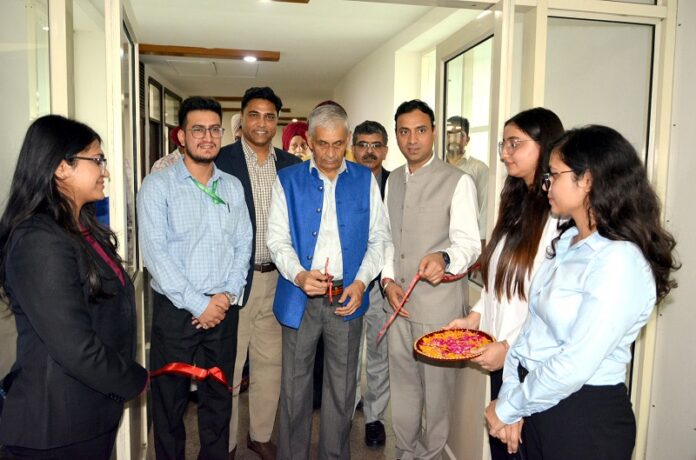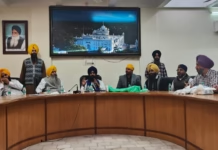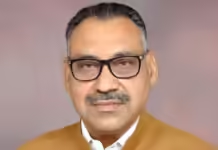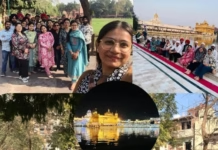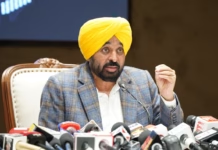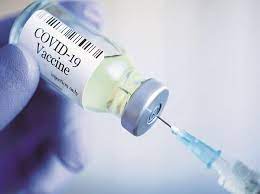Press Information Bureau organized media workshop at RGNUL on three new criminal laws and ethical principles of journalism
Kanwar Inder Singh/ royalpatiala.in News/ August 9,2024
Press Information Bureau (PIB) Chandigarh and Jalandhar organised a media workshop ‘Vartalaap’ at the seminar hall of Rajiv Gandhi National University of Law (RGNUL), Patiala. The workshop on three new criminal laws and Norms of Journalistic Conduct was attended by journalists of Patiala district as well as students of Rajiv Gandhi National University of Law.
On this occasion, Assistant Director of PIB Chandigarh, Anubhav Dimri welcomed the guests and while giving information about the role of various media units of the Ministry of Information and Broadcasting, Government of India, said that PIB is an important part of the Ministry. In order to effectively communicate the policies, programs and schemes of the government to the people, it is necessary to increase coordination between PIB and media and under this, a purposeful ‘Vartalap’ is organized.
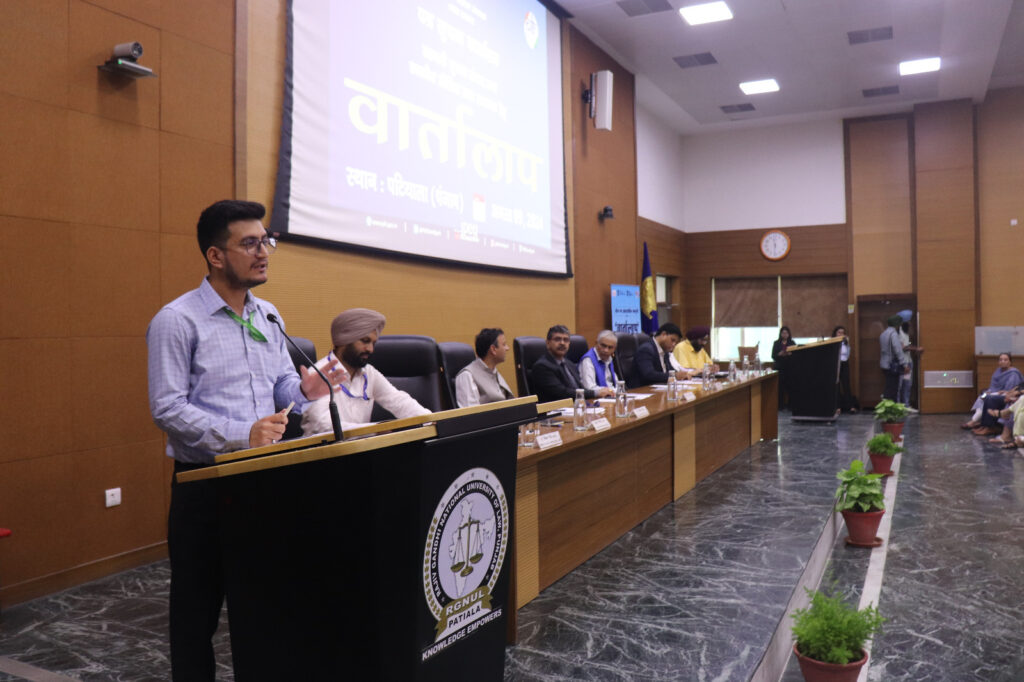
On this occasion, the Chief Guest Prof. (Dr.) Jai S. Singh, Vice Chancellor, Rajiv Gandhi National University of Law, Patiala threw light on the historical background of the three new criminal laws. Dr. Singh said that among all the laws passed across the world, the three new criminal laws are the most prominent.
Guest of honour Prof. (Dr.) Anand Pawar, Registrar, Rajiv Gandhi National University of Law, Patiala said that new criminal laws have been made as per the changes in time and circumstances. He said that many crimes were not included in the old laws, which now have been included in the new laws.
Giving information about the Bharatiya Sakshya Adhiniyam, Associate Professor Dr. Manoj Sharma said that this Act, which comes into force from July 1, 2024, mainly contains provisions related to electronic evidence. Electronic evidence was earlier considered secondary evidence but now it can be presented in court as primary evidence. Dr. Manoj told about Bharatiya Nagrik Suraksha Sanhita that in view of the spread of IT, provision for electronic FIR has been made for the first time. Under this law, a time limit has been fixed for every incident so that justice can be delivered on time.


Professor Dr. Sharanjit, while shedding light on Bharatiya Nyaya Sanhita (BNS), said that new crimes like terrorism, mob lynching cases etc. have been included in it. While earlier the penalty amount was very low in the old laws, now the penalty amount has been increased in about 83 crimes. Apart from this, in view of the increasing crimes against women and children, chapter number five of the new law deals only with crimes related to women and children.

Dr. Harjinder Walia, former Head, Department of Journalism and Mass Communication, Punjabi University, Patiala, while sharing his views on the ethical principles of journalism, said that about 42 ethical principles have been issued by the Press Council of India, which guide the journalists in the field of journalism. He said that every profession has some ethical principles on which the trust of that profession rests. Dr. Walia said that impartiality, facts, truth, protection of the right to privacy and scientific thinking etc. are very important in the field of journalism so that people’s unwavering faith in journalism remains intact.
On this occasion, Dr. Vikram Singh, Media and Communication Officer, PIB, Jalandhar thanked the journalists from across the district, Chief Guest, speakers, entire faculty, students of the University and CBC Chandigarh team. Prof. (Dr.) Naresh Vats, Dean Academic Affairs was also present on the occasion.

Press Information Bureau organized media workshop at RGNUL on three new criminal laws and ethical principles of journalism . On this occasion, a photo exhibition related to the three new criminal laws was also organized in the university by the team of Central Bureau of Communication, Chandigarh. Through this photo exhibition, the students and journalists of the university got information about these laws. At the end of the workshop, the questions asked by the journalists about the three new criminal laws were answered by the experts.

